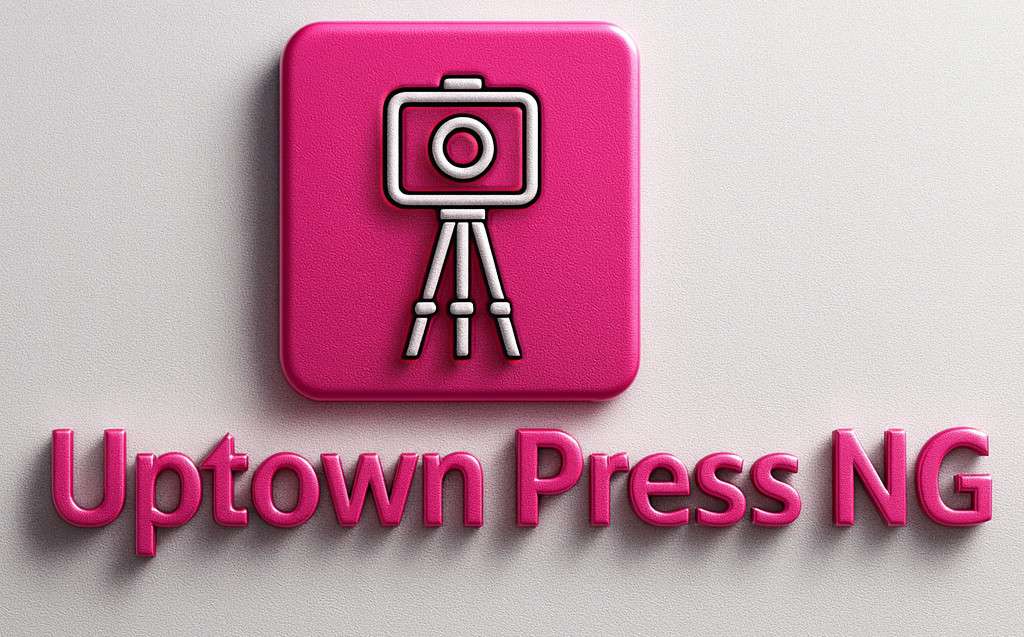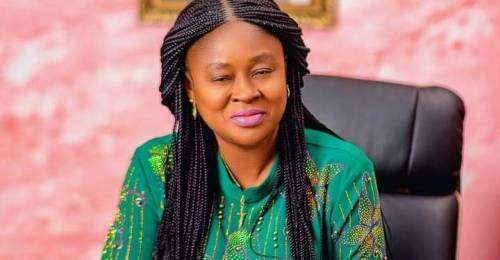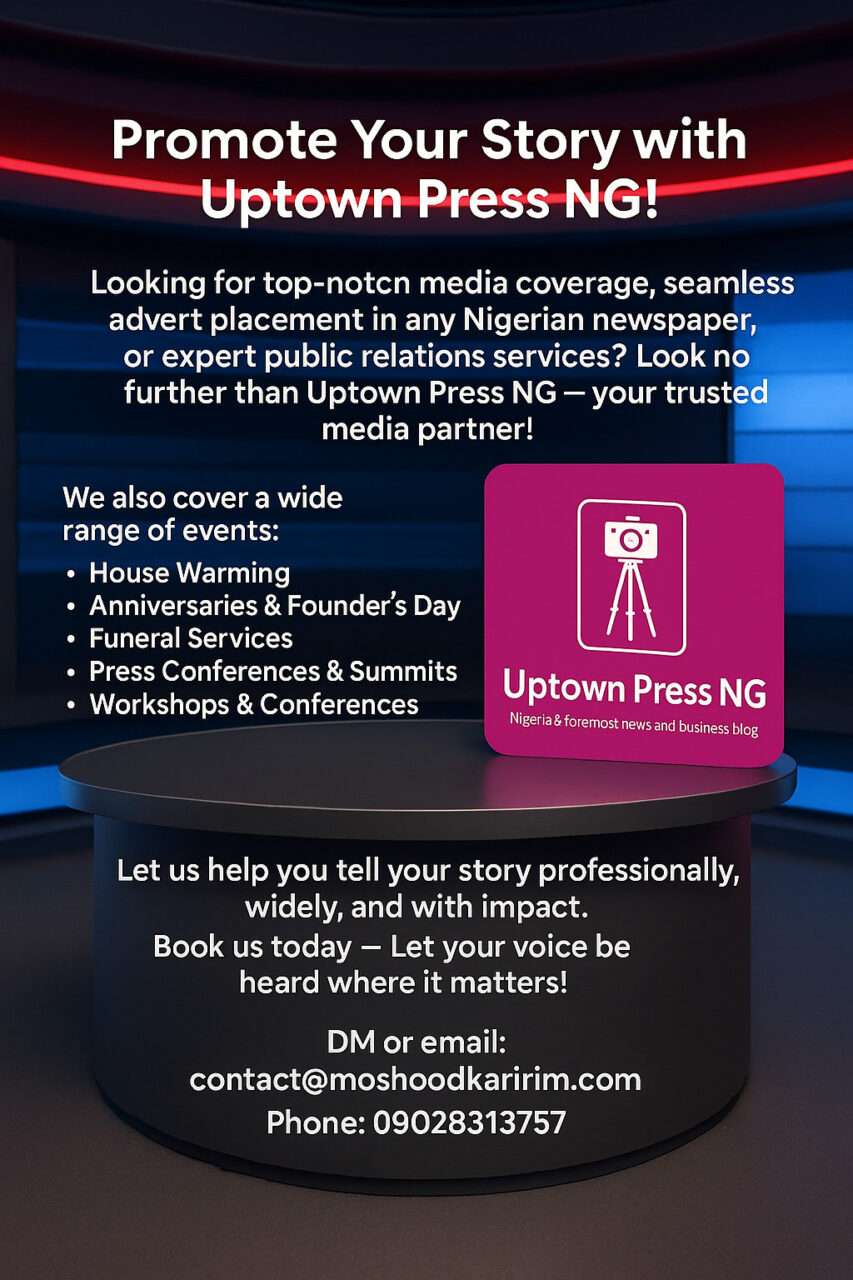Our reporter
Several State governments in Nigeria, including Anambra, Enugu, and Ebonyi, have clarified their stance on regulating tuition fees in private schools, emphasising that they lack the legal authority to intervene in the fee structures.
This was revealed during a recent survey by the News Agency of Nigeria (NAN) addressing the perceived high costs of private education and the qualifications of teachers employed in private schools.
Anambra’s Commissioner for Education, Prof. Ngozi Chuma-Udeh, stated that tuition fees in private schools are determined by market dynamics, allowing parents to select schools that align with their financial capabilities. “The government does not interfere with the fees charged by private schools as it is a competitive sector,” she said.
Chuma-Udeh highlighted that while some schools, like British College, charge up to a million naira annually, other private institutions offer tuition as low as N50,000 per term. She assured the public that the State enforces strict standards for private schools, including ensuring qualified teachers with minimum educational requirements, such as the Nigeria Certificate in Education (NCE) for junior levels and relevant degrees for senior secondary schools.
In Enugu State, Commissioner for Education Prof. Ndubueze Mbah described high private school fees as a “parental choice.” He pointed out that while the government provides free Universal Basic Education and affordable senior secondary schooling with minimal administrative fees, parents opting for private education are responsible for their financial commitments.
Mbah emphasised the State’s commitment to regulating the operational standards of private schools, including teacher qualifications, curriculum fidelity, and safe learning environments. He also noted on-going efforts to close unapproved schools and enforce compliance with government standards.
In Ebonyi State, private school proprietors under the National Association of Private Proprietors of Schools (NAPPS) denied allegations of exorbitant fees, explaining that their charges are designed to cover operational costs. According to Mr. Paul Ogwale, a school owner, most private schools in Ebonyi charge between N25,000 and N30,000 per term, making them accessible to local families despite the economic strain.
Ogwale added that many private schools in the state are struggling to sustain operations due to rising costs and limited income, with some even shutting down. However, he affirmed that the association prioritizes maintaining high teaching standards and employing qualified educators.
Parents across the three States offered mixed reactions. While some expressed concern over the financial burden of private schooling, others praised the quality of education provided. In Enugu, a parent, Mrs. Blessing Ejiofor, revealed that she and her husband spend over a million naira annually for their child’s education in a missionary school. Meanwhile, Ebonyi parent Mr. Raymond Onwe commended private schools for their strict supervision and quality teaching, describing them as a worthwhile investment.
Get a premium automobile insurance coverage for your vehicle for as low as #15000 only and claim up to #3,000,000 in damages @Zenith Insurance To signup: WhatsApp/Call: +2349028313757








